
If everyone had a strong sense of empathy—
If everyone had the ability to share and understand another’s feeling and experiences, the world would be a pretty perfect place. Perhaps we could have avoided slavery, the Holocaust, 9/11, and countless other atrocities and tragedies if we all thought more about one another’s experiences and feelings.
In her parenting book, Unselfie: Why Empathetic Kids Succeed in Our All-About-Me World, Dr. Michele Borba argues that our society has devalued empathy. That’s unfortunate because, as she explains, “…empathy is the cornerstone for becoming a happy, well-adjusted, successful adult. It makes our children more likable, more employable, more resilient, better leaders, more conscience-driven, and increases their life spans.”
In my own experience, talking about history and current events can help develop kids’ sense of empathy. Fortunately, local resources, like the Virginia Historical Society make it even easier to instill kids with an awareness of others’ experiences.
We recently visited the beautifully renovated Virginia Historical Society, whose permanent exhibition displays you can experience for free. Many of the exhibits captured their attention. For instance, we all enjoyed the interactive display that tested whether we would have been federalists or anti-federalists. And we enjoyed sitting in the streetcar replica, pretending to explore Richmond in a different era.
The Virginia Historical Society’s Journey to Freedom
While we enjoyed many of the exhibits, the Journey to Freedom simulation impacted my kids the most. With that display, they imagined they were slaves trying to escape to freedom. At each point, they made choices about what they would take with them, which path to take, and whether to ask for help. Every decision posed challenges and could lead to the slave’s capture.
Andrew Talkov, Vice President for Programs, explained the motivation for creating the exhibit:
“The disruption experienced by Virginia’s enslaved African Americans during the Civil War is difficult to express through objects. Journey to Freedom was created to offer our visitors a simulated experience that would give them some sense of the myriad of difficult choices and challenges faced by those who decided to find their freedom behind Union lines.”
Learning about history can help kids become more empathetic.
My own kids went through the simulation several times, stopping reluctantly because other people were waiting in line. The older ones had learned about slavery from school; however, the slave experience had seemed distant and unfathomable until that point. Journey to Freedom helped them relate to others’ experiences in a highly personal way.
After our visit, I asked them how they felt during the experience. These were their responses:
#1: “It was super realistic, and it made me feel bad for the people who were actually dealing with that a long time ago.”
#2: “It was scary because when you were doing it, you didn’t know who you could trust. I’m glad that I wasn’t a slave in that time. I wouldn’t have wanted to live back then if I was African American.”
#3: “I feel bad for the people who got hurt.”
The Importance of Empathy
Audrey Hepburn once said, “Nothing is more important than empathy for another human being’s suffering. Nothing. Not a career, not wealth, not intelligence, certainly not status. We have to feel for one another if we’re going to survive with dignity.”
As you work tirelessly every day to help your kids “survive with dignity,” remember the importance of empathy.
And know you’re not alone as you help your kids develop empathy; RVA has numerous resources like the Virginia Historical Society that can help reinforce the life lessons you teach at home.


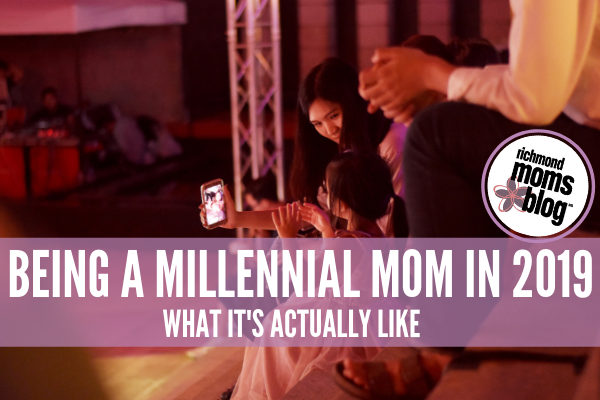

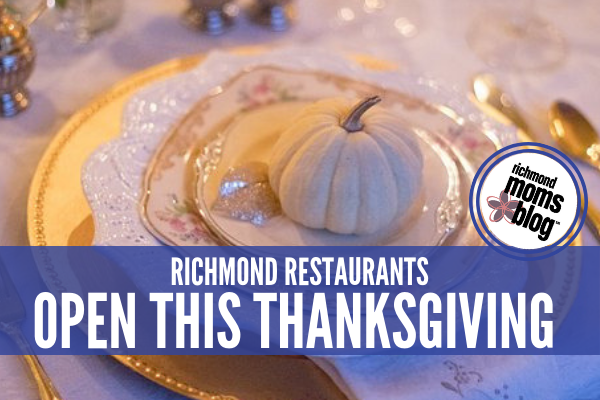
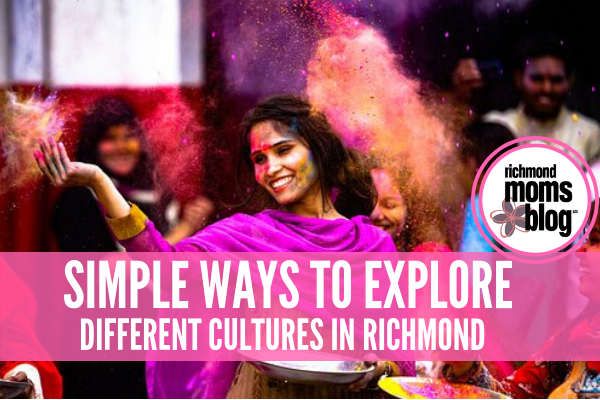
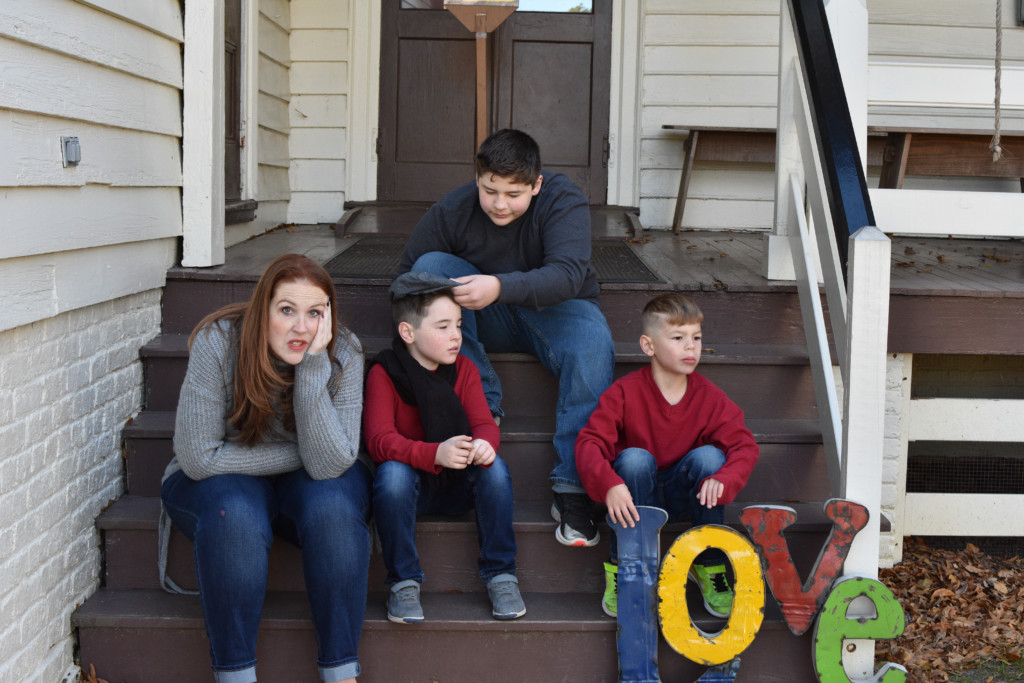


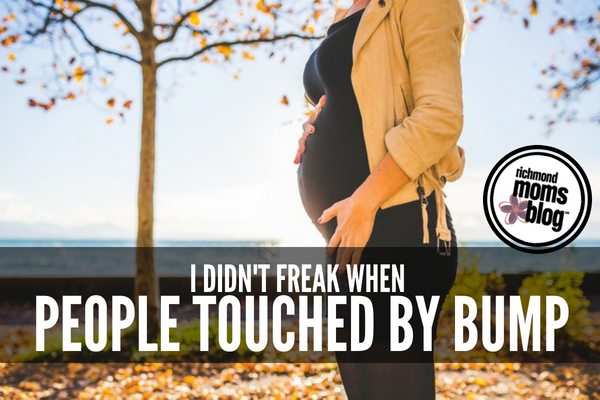
Sounds interesting! I’ll have to visit this place the next time I visit Richmond. Great article, Cathy.
Comments are closed.